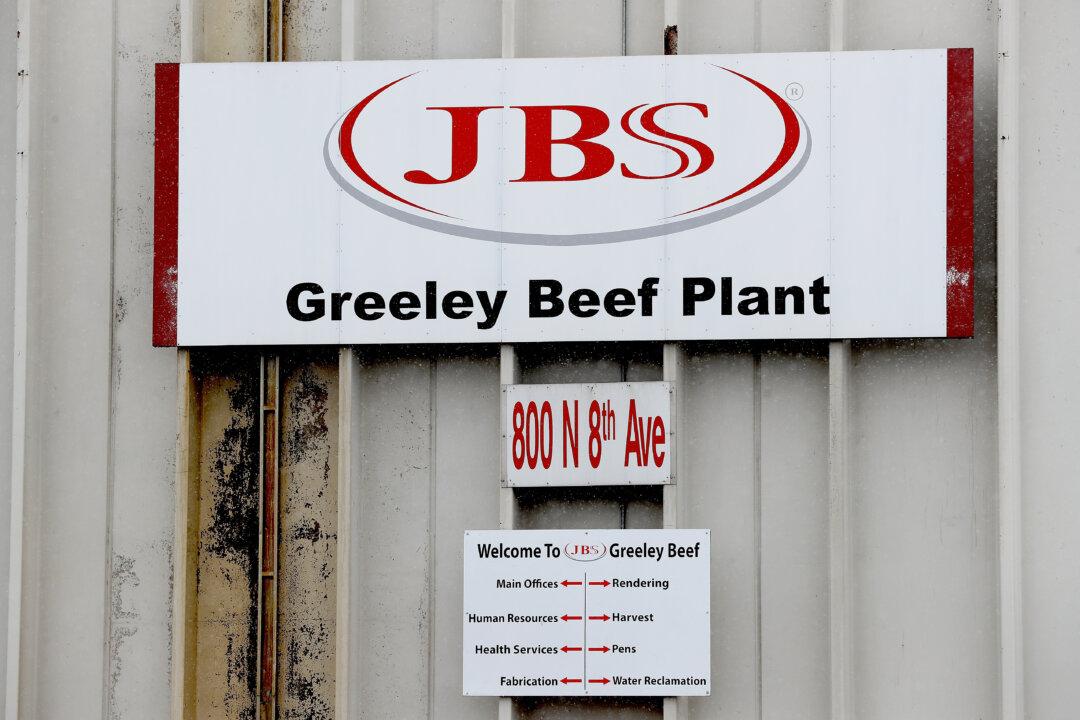After hearing the testimony of 18 witnesses over 12 days, the Supreme Court of New York has ruled that ExxonMobil did not seek to deceive investors in its calculation of the risks posed to the company by anthropogenic climate change and the policies and regulations adopted to combat it.
In his decision (pdf), Judge Barry R. Ostrager wrote that “the Office of the Attorney General failed to prove, by a preponderance of the evidence, that ExxonMobil made any material misstatements or omissions about its practices and procedures that misled any reasonable investor.”





